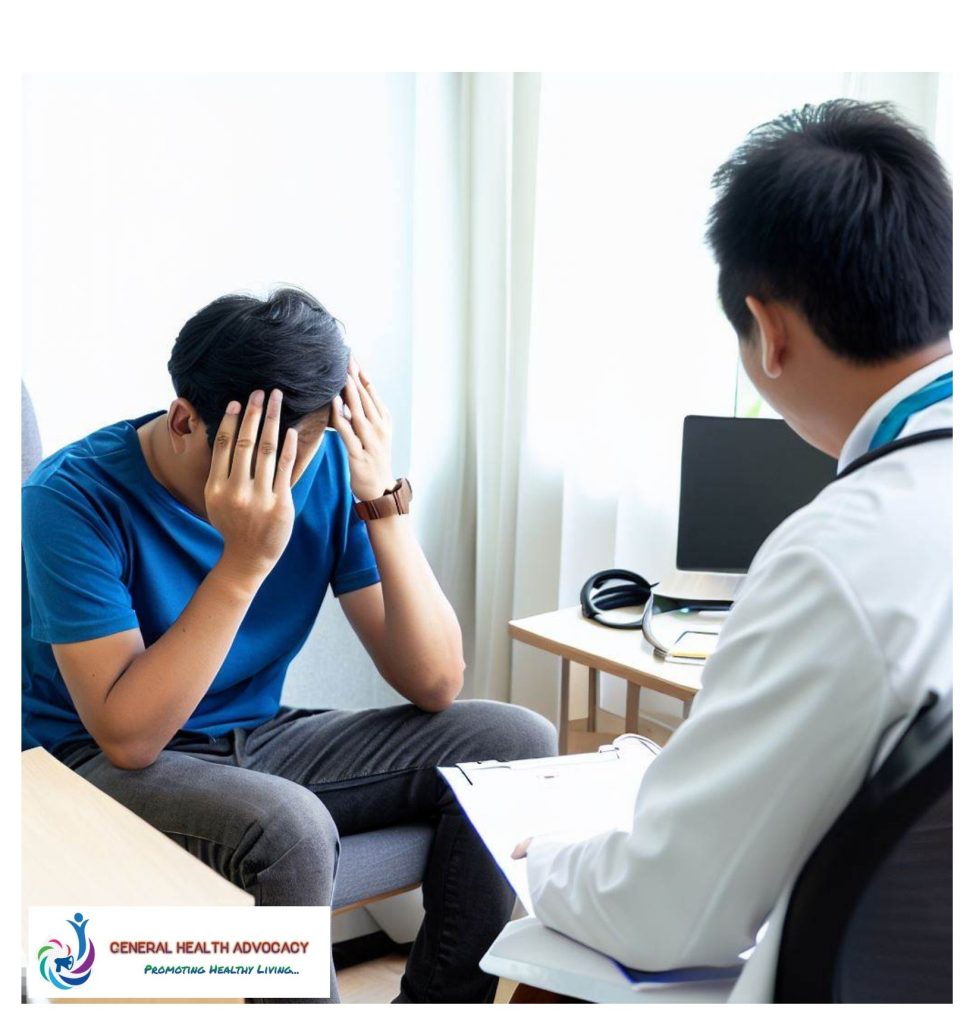Strategies for Coping with Stress and Improving Wellbeing

Stress is the body’s natural response to change. It is a combination of emotional, physiological, and behavioral responses. Our bodies are designed to respond to stress in order to protect us and help us survive. When we perceive a threat or a challenge, our body triggers the “fight or flight” response, releasing hormones such as adrenaline and cortisol which prepare us to either confront the challenge or flee from it.
Stress is the body’s natural response to change. It can have both positive and negative impacts on our health. While some stress helps us to stay focused, alert, and energized, too much of it can be overwhelming and unhealthy.
Long-term stress can contribute to high blood pressure, heart disease, diabetes, obesity, and even depression. It is important to recognize the signs that stress is taking a toll on our health, so we can take steps to prevent and control it.
The most common signs of stress include;
- Feeling anxious,
- Overwhelmed,
- Irritable,
- Having difficulty sleeping.
Physical symptoms may include;
- Headaches,
- Fatigue,
- Chest pain,
- Digestive issues.
If these symptoms persist, it might be time to take action, consult your health care provider.

The best way to manage stress is to develop healthy coping strategies.
- Exercise is one of the best ways to reduce stress and improve our overall health. Exercise releases endorphins, which can help reduce stress and even act as a mood enhancer.
- Other strategies that help manage stress include deep breathing, mindfulness, mediation, and yoga.
- A healthy diet that is rich in fruits, vegetables, lean proteins, and whole grains can also help reduce stress levels.
See Also
Additionally, it is important to practice good self-care. Make time for activities that you enjoy, such as hobbies or creative pursuits, to help reduce stress and promote a sense of wellbeing.
Learning to recognize and talk about your feelings can help you better identify and manage sources of stress.
Finally, it is important to get plenty of restful sleep. Not getting enough sleep can leave us feeling fatigued and increases stress levels.
By making a few changes to your lifestyle, it is possible to reduce stress and its adverse effects on our health.
Through healthy coping strategies, self-care activities, incorporating exercise into our routine, and getting good quality sleep, we can keep stress under control and improve our overall wellbeing.




4 Comments